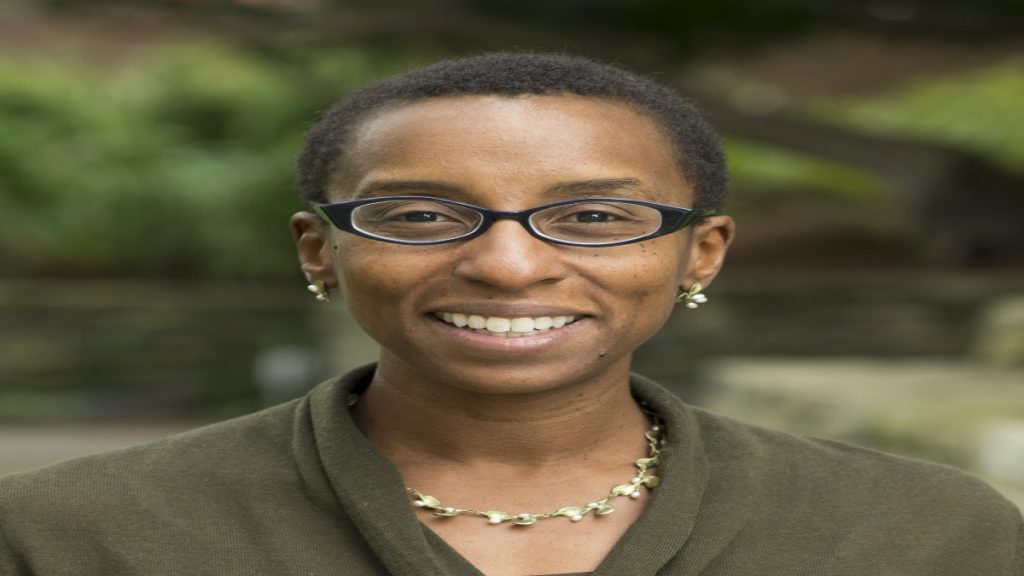Harvard College reported a notable decline in early application numbers compared to the previous year. Harvard College disclosed that it received 7,921 early applications and admitted 692 students.
This marks a 17% decrease from the previous year, with 9,553 applications. Bob Sweeney, a retired college counselor with almost 30 years of experience at Mamaroneck High School in New York, offered the insight that the rise in antisemitism could be a contributing factor to the decline in early application submissions.
“That’s possibly one of several reasons, about the safety concern on the campus,” Sweeney said. “There might be other factors as well, such as students being more realistic about their expectations and chances for acceptance.”
The deadline for submitting applications was November 1. This deadline occurred before Harvard University President Claudine Gay’s testimony during a congressional hearing addressing widespread anti-Semitic rhetoric on college campuses.
ALSO READ: Academic Integrity Breach: Harvard Crimson Condemns President’s Plagiarism
Matias Mayesh, a current Harvard Law student, informed Fox News Digital that the results of early application submissions are “not surprising” because the academic institution’s “reputation is damaged.”
“Not surprising. Harvard’s reputation has been damaged due to its failure to address leftwing extremism and antisemitism,” Mayesh said. While Harvard experienced a decline, its rival Yale University is observing a modest increase.
Yale reported receiving 7,856 early applications this year, reflecting a 1.4% rise from the previous year and marking the second-highest number in the school’s history. Harvard officials did not provide an immediate response for comment.
POLL — Is Systemic Racism a Significant Problem That Requires Reform in Policing and Other Areas?
Gay received tremendous backlash over her controversial testimony before Congress on antisemitism. Republicans in a House Education and Workforce Committee hearing intensely questioned President Claudine Gay, asking her whether individuals advocating for the genocide of Jews violated Harvard policy.
The inquiry centered on the issue of Harvard’s policy in response to such extreme rhetoric. She avoided taking a direct stance during questioning, repeatedly emphasizing that it depended on the “context.”
Following her testimony, the embattled professor sought to clarify her remarks in a statement issued during congressional questioning. However, the statement did not satisfy her critics.
In addition to the controversy over her congressional testimony, Harvard officials also addressed reports about President Gay’s academic writings.
ALSO READ: Internet Supports Laura Ingraham Amid Accusations Against Harvard President
The Washington Free Beacon reported that Gay “paraphrased or quoted nearly 20 authors without proper attribution.”
Furthermore, Christopher Rufo and journalist Christopher Brunet published instances of problematic sections in her Ph.D. dissertation, according to the Manhattan Institute.
Critics claimed these sections “violate Harvard’s stated policies on academic integrity.” Despite these controversies, Harvard University’s top brass backed Gay after intense backlash.
The support comes in the wake of her comments about antisemitism and accusations of plagiarism. Several colleges across the U.S. are grappling with social unrest amid the Hamas-Israel war.
You Might Also Like:
GM to Lay Off 1,300 Workers in Michigan Factories As Vehicle Production Ends
Minnesota Firefighters Rescue Dog From freezing Lake Superior Waters 8-foot waves
Internal Watchdog Confirms J6 Rally Organizers Lied About Planned Capitol March
U.S Government Tackles Robocalls to Protect Americans From Scam Callers
What Do the Mega Millions Numbers 1, 2, and 3 Mean?
